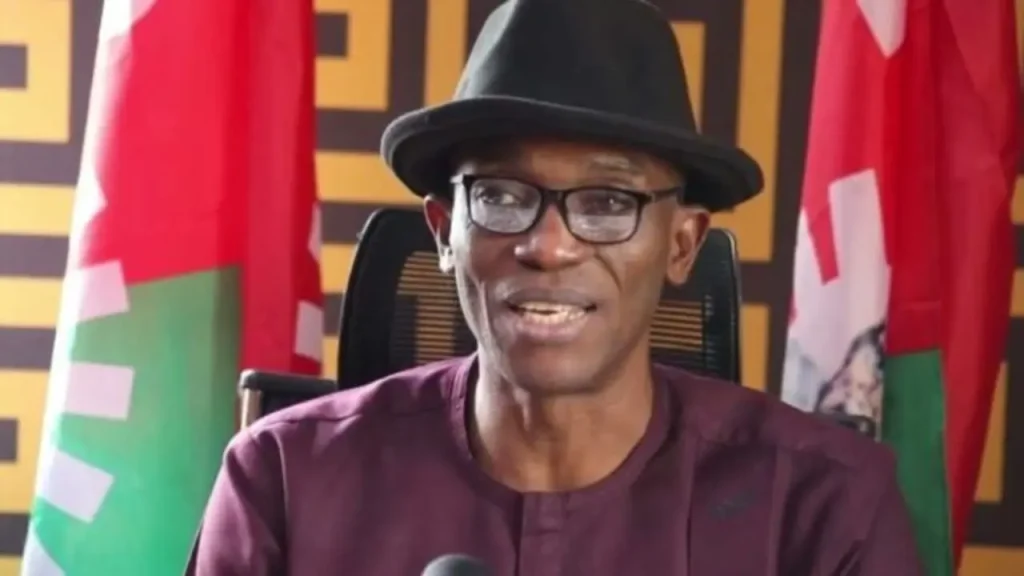In a significant development, the European Union Council has enacted a legislative framework that empowers them to take action against individuals and entities responsible for jeopardizing the peace, stability, and security of Niger. This move comes in response to recent events in the country and aims to restore order and safeguard the well-being of the Nigerien people.
Under this new framework, anyone in Niger found guilty of undermining the constitutional order or committing serious violations of human rights or international humanitarian law will be subject to strict measures. The European Union has the authority to impose travel bans and freeze the assets of specific businesses and individuals engaged in such actions.
This decision follows the military coup that took place on July 26, 2023, which led the European Union to immediately halt financial assistance and security cooperation with Niger. The 27-nation group strongly condemned the overthrow of President Mohamed Bazoum, who played a vital role as an ally to Western countries in the region.
The coup was carried out by soldiers from the presidential guard and marked one of several recent coups in the Sahel region of West Africa. The international community, including Ecowas, the European Union, and the United States, swiftly denounced this move and responded by imposing penalties, freezing assets, and halting aid. Consequently, the country has experienced a steep increase in food prices and a shortage of essential items such as life-saving medicines due to trade blockades.
However, amidst the challenges, there have been protests in support of the junta. Many Nigerien citizens have voiced their frustrations with the suffering and corruption that plagued previous administrations. While opinions remain divided, it is crucial to acknowledge the complexity of the situation and the multitude of perspectives held by the people of Niger.
The impact of these international sanctions is significant, with Niger having to slash its projected spending for 2023 by 40% in response to the aftermath of the military coup. The consequences of these measures are felt deeply by the Nigerien population, highlighting the urgent need for stability and decisive action.
With the implementation of this legislative framework, the European Union aims to contribute to the restoration of peace and stability in Niger. By holding accountable those responsible for threatening the nation’s security, this framework seeks to create an environment conducive to progress, development, and the well-being of all Nigerien citizens.
As events continue to unfold, it is crucial to closely monitor the situation and support efforts that encourage dialogue, inclusivity, and cooperation for a brighter future for Niger. The actions taken by the European Union Council serve as a testament to the international community’s commitment to ensuring the well-being and prosperity of the nation and its people.



